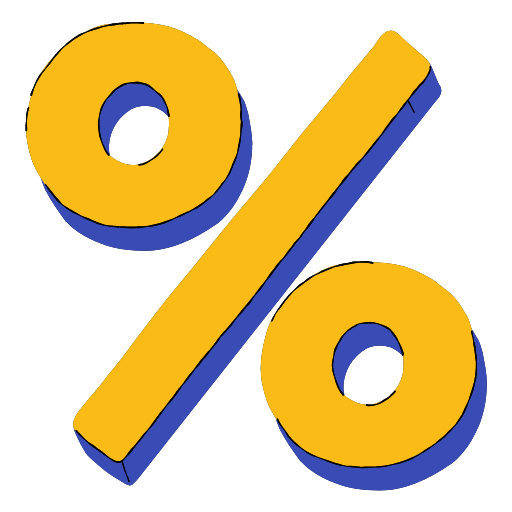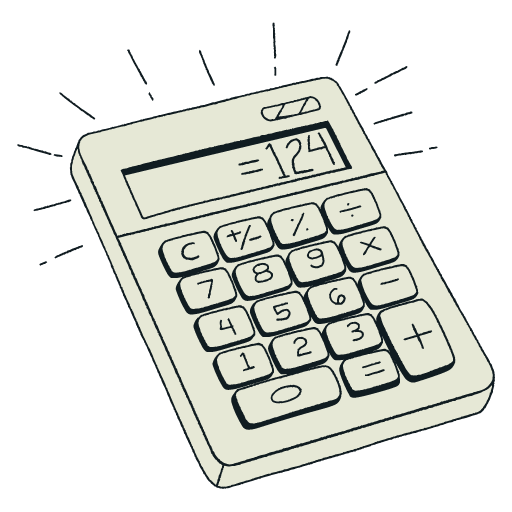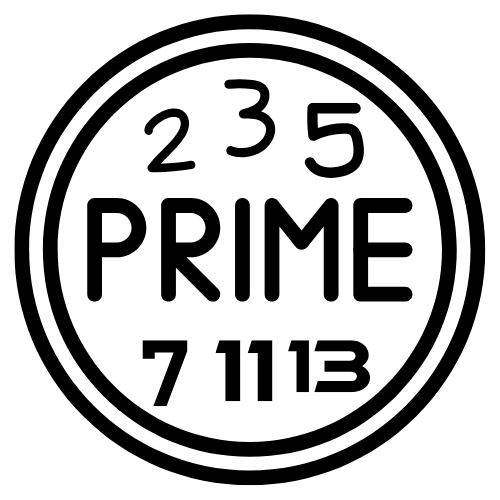About Age (Date of Birth) Calculator
How to use this age calculator?
To use the age calculator, simply input your birthdate and click the calculate button. You can also adjust the "Age as on" date to compute your age for any past or future date. The calculator will display your age in years, months, weeks, and days.
How is the age calculated?
Your age is calculated by determining the difference between your birthdate and the current date. Essentially, it’s a measure of how long it has been since you were born. The simplest way is by subtracting the year of your birth from the present year, giving a rough estimate of your age. However, for a more precise calculation, the calculator considers the exact date and months.
How many days old am I?
People often wonder how to accurately calculate their age in days. While multiplying your age in years by 365 provides a rough estimate, this method may be off by hundreds of days. This discrepancy arises because it ignores the exact number of days since your last birthday and doesn’t account for leap years, which add an extra day every four years. To get the most accurate result, it’s best to use the age calculator to determine your age in days.
What is the Hijri calendar?
The Hijri calendar is a lunar calendar, where the months start and end according to the phases of the moon. The final day of the month is marked by the moon’s departure. The calendar was officially established during the reign of Khalifa Umar ibn al-Khattab. It began in 622 AD with the Prophet’s migration, known as the Hijra. Islamic dates like Ramadan, Eid al-Fitr, Eid al-Adha, and the Hajj season are noted on the Hijri calendar. The year is divided into 12 months: Muharram, Safar, Rabi 'Al-Awal, Rabi' Al-Akhir, Jumada Al-Ula, Jumada Al-Akhirah, Rajab, Shaaban, Ramadan, Shawwal, Dhu Al-Qa'da, and Dhu Al-Hijja.
What is the Gregorian calendar?
The Gregorian calendar, widely used today, is a solar calendar with 365 days in a common year and 12 months. However, the lengths of the months vary, with 11 months having either 30 or 31 days, and February being the exception with 28 days in a common year. Every four years, a leap year adds an extra day to February, making it 29 days. The year is also divided into weeks, typically 52 in number, with some years having a 53rd week. Most countries begin their week on Monday, though some, like the United States and Canada, start on Sunday.
What is aging?
Aging is something we all experience, but the process is still not fully understood. We know it involves physical changes like wrinkles, memory decline, and muscle loss, but the deeper reasons behind aging remain a mystery. At its core, aging is a process that happens to our bodies over time, involving cellular and molecular damage. This results in the gradual decline of physical and mental abilities, an increased risk of disease, and ultimately, death. Yet, not all aging is negative—some aspects, like the growth experienced in youth, are a natural part of life.
What is healthy aging?
Healthy aging starts with making smart choices early in life. By maintaining habits like eating a balanced diet, exercising regularly, and avoiding harmful behaviours like smoking, you can lower the risk of chronic diseases. These habits also help maintain physical and mental capacities, preserve muscle mass, and delay the need for care later in life.
Good health practices reduce the risk of conditions like diabetes, high blood pressure, and heart disease, which are all connected. It’s also important to have supportive environments—things like accessible public transport, safe facilities, and good infrastructure help people stay active and engaged.
Getting quality sleep is essential too, especially as you age. Problems like insomnia and frequent awakenings become more common, but they can be managed. Ensure your bedroom is comfortable, quiet, and dark. You might also try using an eye mask and turning off electronic devices an hour before bedtime to improve sleep quality.
In the bigger picture, there’s still debate on how to optimise healthcare for an ageing population. Prevention is seen as a costlier upfront investment, but it pays off long term. Encouraging healthier lifestyles is crucial for reducing the future burden on healthcare systems.









